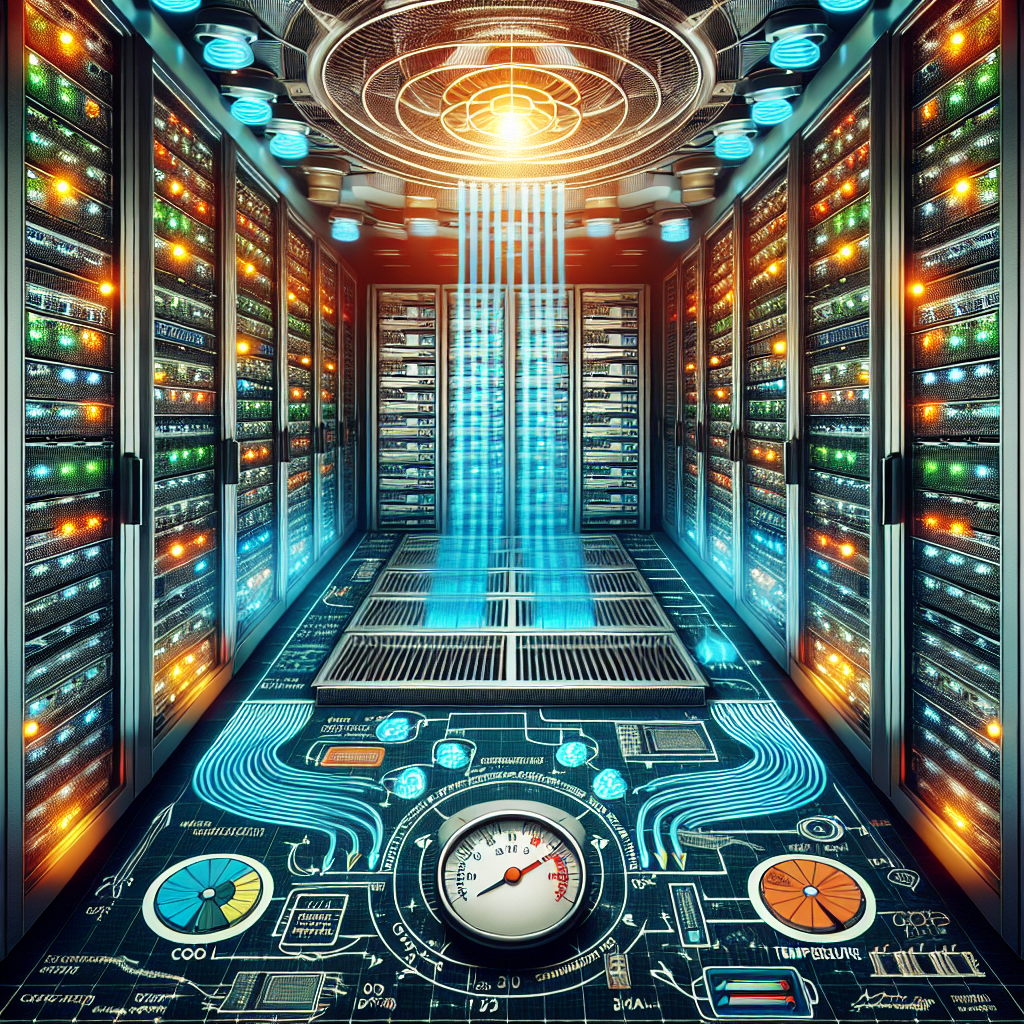Your cart is currently empty!
The Impact of Heat Management on Data Center Performance

Data centers are crucial for the functioning of countless businesses and organizations in today’s digital age. These facilities house the servers, storage systems, and networking equipment that store, process, and transmit data. However, one of the biggest challenges faced by data center operators is managing the heat generated by this equipment.
Heat management is a critical aspect of data center performance, as excessive heat can lead to equipment failure, downtime, and decreased efficiency. In fact, according to research conducted by the Uptime Institute, inadequate cooling is the leading cause of data center downtime.
There are several factors that contribute to the generation of heat in data centers. The first is the sheer amount of equipment housed in these facilities. Servers and other hardware components generate heat as they operate, and as data centers continue to grow in size and complexity, the amount of heat produced also increases.
Another factor is the design and layout of the data center itself. Poor airflow and inadequate ventilation can lead to hot spots within the facility, where temperatures can rise to dangerous levels. This can cause equipment to overheat and malfunction, leading to performance issues and potential data loss.
To combat these challenges, data center operators employ a variety of cooling techniques and technologies. These can range from simple solutions such as hot and cold aisle containment to more advanced systems like liquid cooling and in-row cooling units. Proper airflow management, including the use of perforated floor tiles and overhead ducts, can also help to dissipate heat and maintain optimal temperatures throughout the facility.
Effective heat management not only ensures the reliable operation of equipment but also has a direct impact on energy efficiency. Cooling systems can account for a significant portion of a data center’s energy consumption, so minimizing heat generation and maximizing cooling efficiency can lead to substantial cost savings.
In conclusion, the impact of heat management on data center performance cannot be overstated. By implementing effective cooling strategies and technologies, data center operators can ensure the reliability, efficiency, and longevity of their facilities. As data centers continue to play a critical role in our increasingly digital world, proper heat management will be essential for meeting the growing demands of modern IT infrastructure.

Leave a Reply